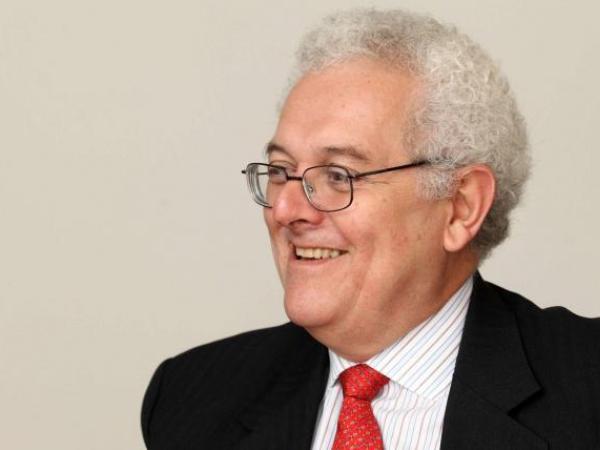Jose Antonio Ocampo decided to accept the proposal of the elected president, Gustavo Petro, and will return to lead the Ministry of Finance, as it did during the presidency of Ernesto Samper (1996 – 1997).
(‘We have to continue exporting oil’: Ocampo, minHacienda de Petro).
The main purpose will be to propose a tax reform that seeks to obtain the ambitious figure of 50 billion pesos, with which it is expected to continue maintaining social spending. Which he hopes to present at the beginning of the government.
According to Ocampo, “one of the objectives of the reform is not to tax more the middle class and obviously the popular sectors.” And he added that the highest pensions will be taxed in this and that “If a wealth tax is imposed, it will not be on companies, but on people.”
The economist, who currently works as a professor at Columbia University and will request a license to return to the country and support the national agreement that Petro has proposed, spoke, in an interview with EL TIEMPO, about various conjunctural issues.
(Fiscal situation, GDP and inequality, Ocampo’s challenges).
Regarding the significant rise in the dollar, which is close to $4,200, he stated that “the blow to the dollar is not due only to national factors, but to a complex international environment (…) This should not be seen as a sign of lack of control or lack of confidence. Even more so when in recent days there has been a reduction in the risk margin of Colombian bonds.”
Regarding the issue of oil, he said that Colombia has to diversify in terms of exports and production to stop being dependent on oil. “Now, this is a process that has to be gradual. Obviously, oil continues to be not only an important item in Colombia’s exports, but also a source of fiscal resources.”
And he added that “in the case of oil exploration, we must first see the status of the contracts already signed. There are 180 in force, we must review them, see what prospects they have, if more exploration is needed or not (…) In gas, it is important to continue exploring”.
As for the social programs, such as the promise that Petro made in the campaign to give 500,000 monthly to the elderly, he pointed out that “the priority in the initial phase is the tax reform to obtain more resources for these social programs (…) The program for the elderly can be arm independently of the pension reform”.
Finally, Regarding the days without VAT, Ocampo said that this policy has not been good and they are going to remove it. For him, “the current law says that there can be up to three days, so we can do zero. It has not benefited poor households. Many of the products that end up without VAT are imported and that has a cost.”
BRIEFCASE
*With information from EL TIEMPO

















